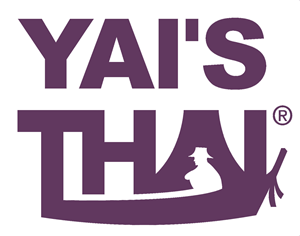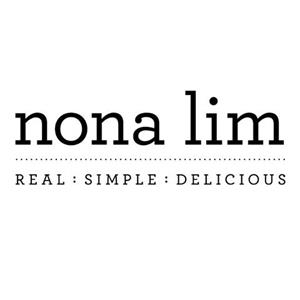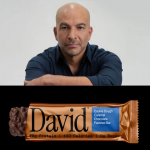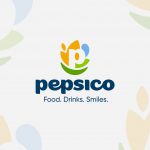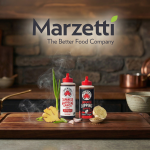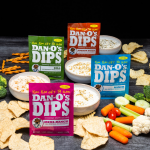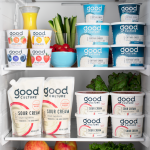DayDayCook Wants to Become the “General Mills for Asian Food”
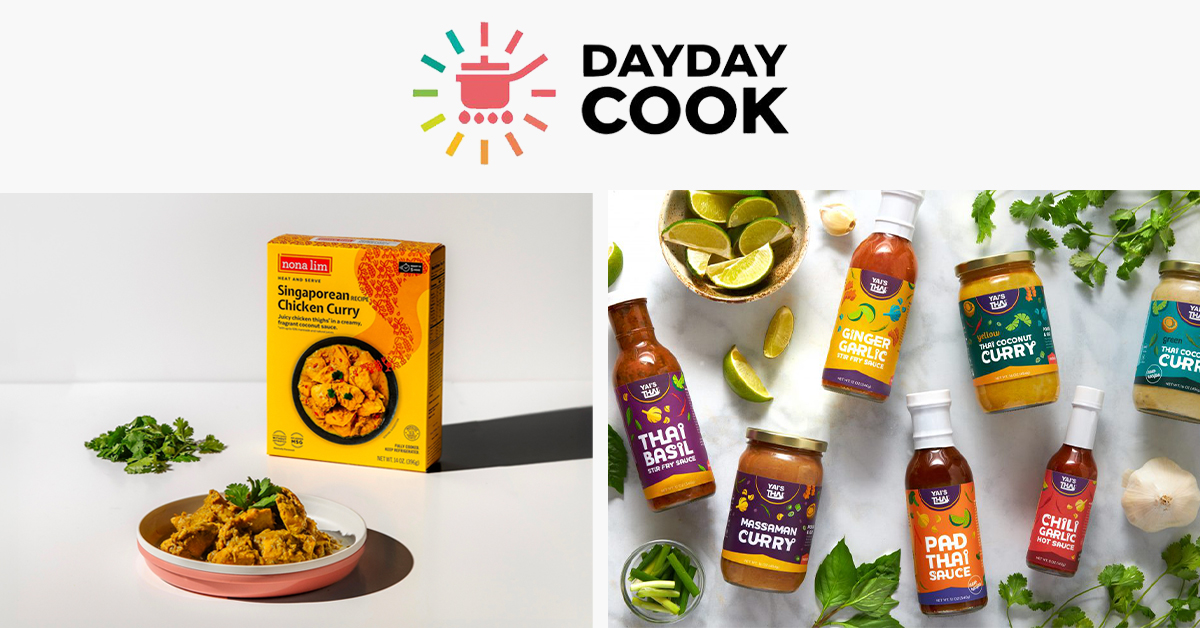
When Norma Chu founded DayDayCook (DDC) in 2012, the Hong Kong-based company was simply an online recipe sharing platform. Twelve years later, with Chu still at the helm as CEO, it’s become a publicly traded global CPG portfolio business specializing in Asian food brands, thanks in part to its fast expanding U.S. business, and its appetite for M&A is far from satiated.
After focusing for years on Hong Kong and mainland China, DDC swiftly announced itself as a global category competitor in 2023, acquiring Asian foods brands Nona Lim and Yai’s Thai. The M&A streak hasn’t just been confined to America either; last month the company purchased a majority stake in Italian ready-to-eat meal maker G.L. Industry SpA.
DDC reported total 25.5% revenue growth ($23.7 million) for the nine months ended September 30, 2023, with gross profit up 48.4% to $6.3 million. Its IPO last year raised $33.15 million.
As a rising new wave of entrepreneurial Asian-American food and beverage companies is remaking the international aisle with modernized, better-for-you products, Chu says the U.S. is now a top priority for DDC. While high demand from Europe and Asia play key roles in the company’s expansion strategy going forward, DDC plans to invest heavily in its American division and will continue building out its portfolio here through both innovation and M&A.
“When I look at my vision for the company for the next decades to come, I want to build a cross-generational company, eventually like the General Mills for Asian food,” Chu told Nosh.
Regarding potential acquisition targets, Chu said DDC is seeking clean label products from companies growing by at least 20% year-over-year. DDC’s acquisitions share connected resources with the parent company, but continue to operate as individual brands in the marketplace, and Chu said she aims to find founders with an “authentic story” and shared vision for how to grow and scale the brands.
DDC’s purchase of Nona Lim and Yai’s Thai has synergies for both parties. The two food brands bring a ready-made national distribution network that includes chains like Kroger, Target, Albertsons/Safeway, Costco and Whole Foods while DDC can provide increased manufacturing abilities, support on R&D, sales and marketing and logistics.
Cross-selling is also a vital strategy. Chu noted that Nona Lim previously lacked a presence in the club channel, while Yai’s Thai has an established business in Costco, presenting an opportunity to sell in the Nona Lim brand there.
“Our general philosophy here is that a brand that we’re bringing on board is definitely going to be doubling in size … because we want to be able to aspire to continue to bring on more relevant and more influential brands within our category to join the DDC family.”
Citing an Innova Market Insights report, Chu said that close to 50% of consumers are cooking at home more than they did prior to the pandemic, suggesting some stickiness in the new habits built during COVID lockdowns. That rise in home chefs means consumers are looking for new and better ingredients and dishes, which she believes positions DDC’s portfolio well for growth.
As well, the influx of innovative Asian food brands like Immi, Omsom, Fly By Jing and others has come as Americans embrace authentic Asian cuisine. Chu believes that a portfolio of brands created by Asian founders and using premium ingredients will benefit from consumers who are more willing to try new brands, and also allow DDC to hone in on specific demographics.
“We definitely believe we’re no longer in an era where one size fits all,” she said. “So I think consumers are also really looking for that authentic experience.”

